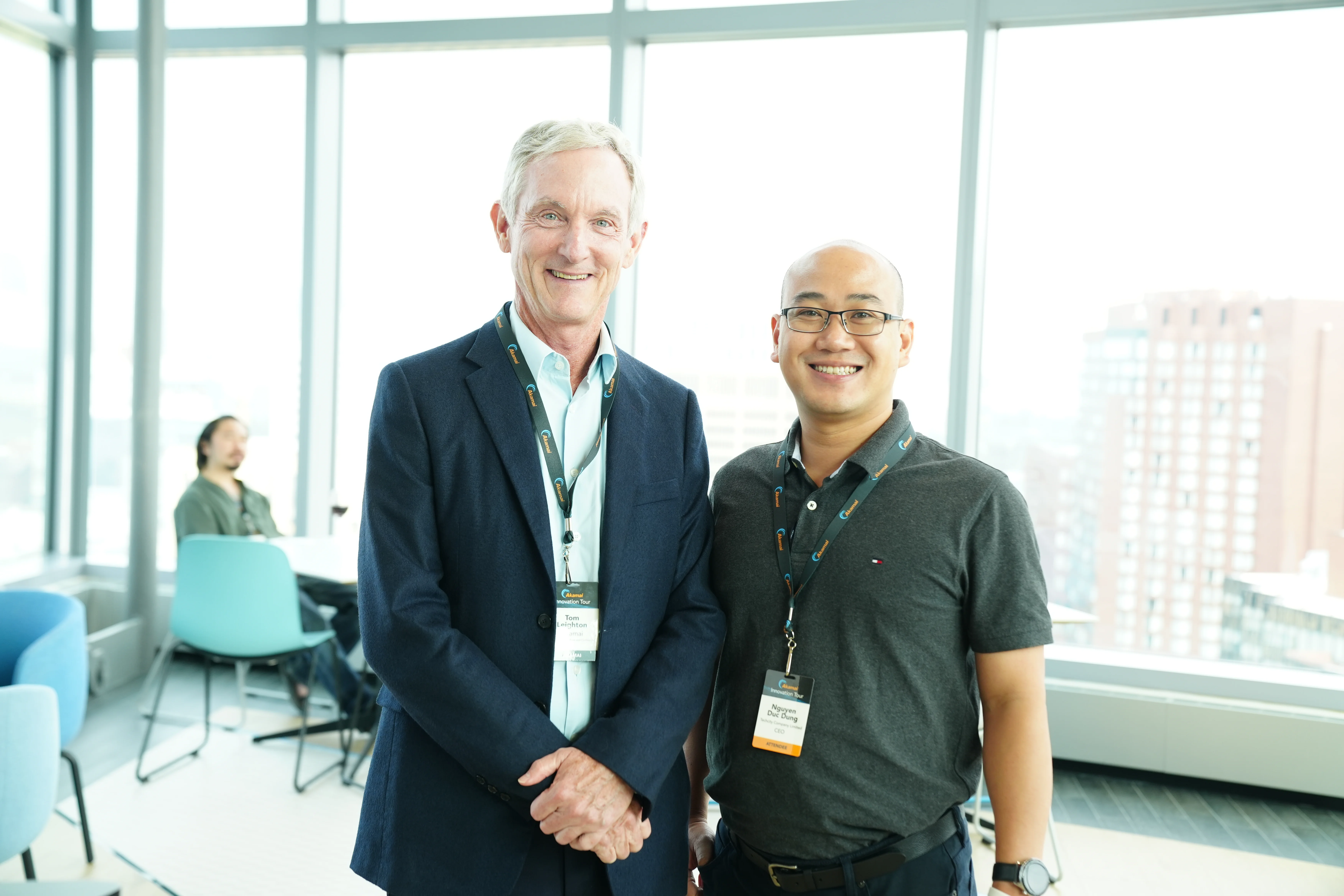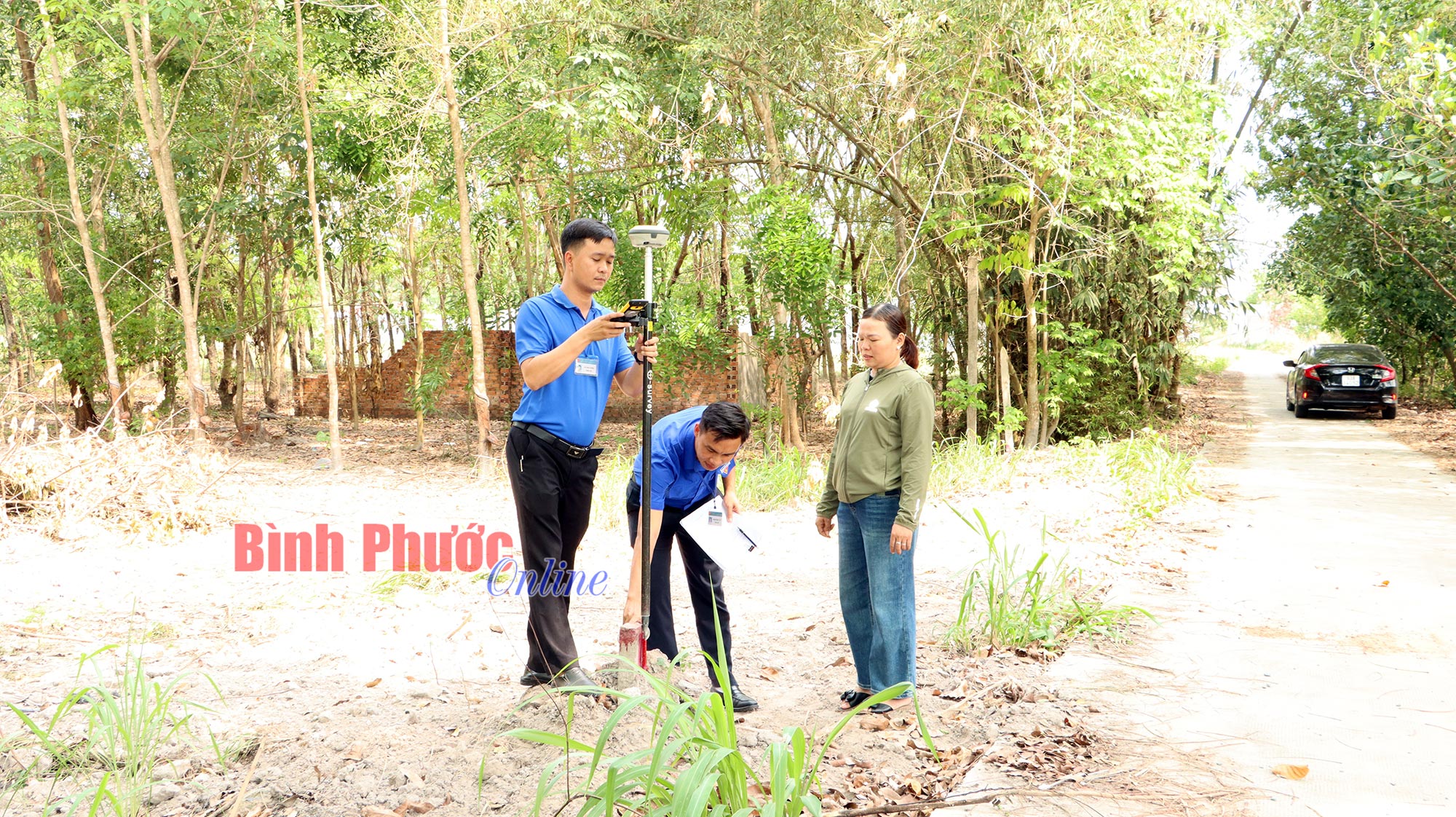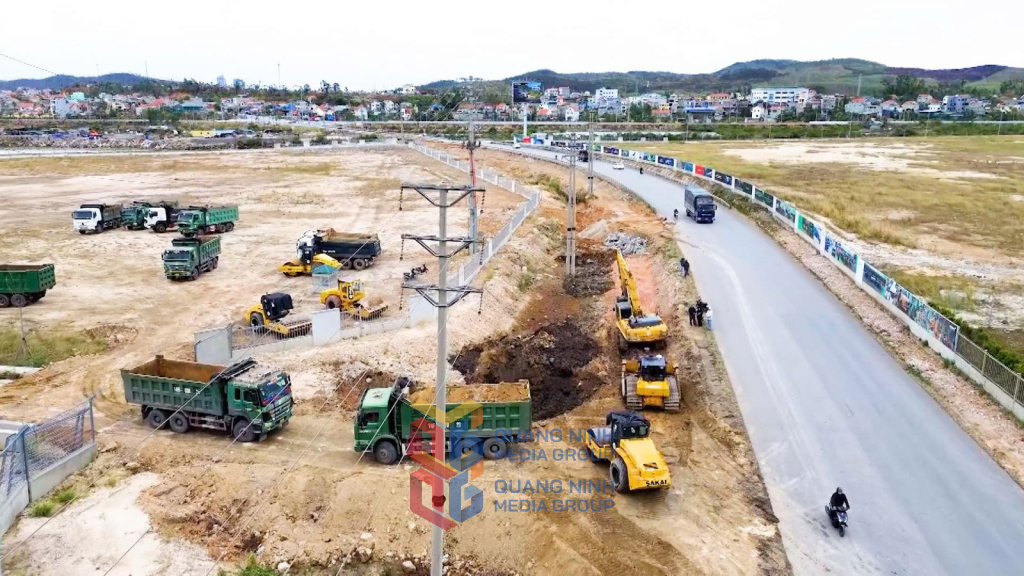(MPI) - Chaired by Deputy Prime Minister Tran Hong Ha, Standing Member of the Subcommittee, on August 1, 2024, the working delegation of the Socio-Economic Subcommittee of the 14th National Party Congress worked with localities in the North Central and Central Coast regions in Da Nang city. Deputy Minister of Planning and Investment Do Thanh Trung attended the meeting.
 |
| Overview of the working session. Photo: Chinhphu.vn |
Attending the meeting were Senior Lieutenant General Huynh Chien Thang, member of the Party Central Committee, Deputy Chief of the General Staff of the Vietnam People's Army; Deputy Chairman of the National Assembly's Committee for Culture and Education and Deputy Ministers of the Ministries of Planning and Investment, Finance, Transport, Science and Technology, Health, Culture, Sports and Tourism. On the local side, the conference was attended by Secretaries of Provincial and Municipal Party Committees, Leaders of People's Councils and People's Committees of provinces and centrally-run cities in the North Central and Central Coast regions.
At the meeting, delegates focused on discussing and evaluating the implementation results of the Resolution of the 13th National Party Congress, the 10-year socio-economic development strategy for 2021-2030, and the resolutions of the Party Congresses of the provinces in the North Central and Central Coast regions. Thereby, they continued to affirm the correctness of major goals and policies; identified new, important, and strategic issues that need to be added to the documents of the 14th National Party Congress.
on the results of implementing the Resolution of the Provincial and Municipal Party Congresses for the 2020-2025 term of the locality, and exchanging general assessments of the 5-year implementation of the 10-year Socio-Economic Development Strategy 2021-2030 of the region as well as the whole country. The opinions expressed also highlighted the difficulties and "bottlenecks" that need to be removed and resolved to promote the development of localities in particular and the region and the whole country in general. In particular, the most concerned issues are institutional innovation to promote development, build a synchronous infrastructure system, develop human resources, support businesses, clear and mobilize resources for development, ensure social security, strengthen cooperation between some provinces in the region and localities of Laos... Localities also shared some local initiatives and need to create a common legal corridor for more convenient implementation such as public-private partnership in providing health services.
Representatives of provincial and municipal leaders made many proposals to the Subcommittee in the process of building directions and tasks for socio-economic development for the 5-year period 2026 - 2030. The issue that many localities are interested in is the need to soon summarize pilot mechanisms, specific to some localities, so that appropriate mechanisms can be widely applied, proven effective, creating a common ground and framework for localities in the region as well as the whole country. Localities emphasized the importance of continuing to invest in infrastructure to ensure synchronization and agreed with the policy of developing high-speed railways.
In addition, issues such as building institutions and mechanisms for new models of localities such as free trade zones, economic development associated with promoting heritage values; supporting development to create strong domestic enterprises; enhancing socialization to mobilize resources for infrastructure development; promoting decentralization and delegation of power to localities; building mechanisms to improve the effectiveness of regional linkages; strengthening social security policies, improving people's lives are also recommended by many localities.
 |
| Deputy Prime Minister Tran Hong Ha delivered a concluding speech at the meeting. Photo: MPI |
In his concluding remarks, Deputy Prime Minister Tran Hong Ha highly appreciated the lively, frank and focused discussion atmosphere, demonstrating the high sense of responsibility of local leaders. The opinions showed common groups of issues that localities are interested in and need to be studied and appropriately conveyed in the documents of the upcoming National Party Congress.
At the same time, it emphasizes the importance of innovating the law-making process in the direction of creating a suitable space for creativity and innovation to promote development. It is necessary to build institutions for new economic models such as green economy, circular economy, institutions for regional linkage, institutions to encourage dynamism and creativity, and protect those who dare to think and dare to do... The piloting of mechanisms to remove difficulties and obstacles for some localities needs to be summarized and evaluated soon for general application to many localities.
The Deputy Prime Minister also emphasized the importance of harmoniously resolving the relationship between deep international integration and building an independent and self-reliant economy on the basis of developing economic sectors, fundamental industries and mastering technology; the role of science and technology development, high-quality human resources, including discovering, attracting, training, fostering and using talents in sectors and fields; regional connectivity needs to continue to be strengthened through investment in connecting infrastructure systems and perfecting mechanisms and policies to ensure effectiveness and efficiency.
Deputy Prime Minister Tran Hong Ha requested the Editorial Team of the Subcommittee to study and absorb the issues reported and discussed by localities at the Conference to develop a draft Report on the assessment of 5 years of implementing the 10-year socio-economic development strategy 2021 - 2030, the direction and tasks of socio-economic development for 5 years 2026 - 2030, which is both at the general level of the whole country and demonstrates the specific features of each region in an appropriate manner. /.
Attending the meeting were Senior Lieutenant General Huynh Chien Thang, member of the Party Central Committee, Deputy Chief of the General Staff of the Vietnam People's Army; Deputy Chairman of the National Assembly's Committee for Culture and Education and Deputy Ministers of the Ministries of Planning and Investment, Finance, Transport, Science and Technology, Health, Culture, Sports and Tourism. On the local side, the conference was attended by Secretaries of Provincial and Municipal Party Committees, Leaders of People's Councils and People's Committees of provinces and centrally-run cities in the North Central and Central Coast regions.
At the meeting, delegates focused on discussing and evaluating the implementation results of the Resolution of the 13th National Party Congress, the 10-year socio-economic development strategy for 2021-2030, and the resolutions of the Party Congresses of the provinces in the North Central and Central Coast regions. Thereby, they continued to affirm the correctness of major goals and policies; identified new, important, and strategic issues that need to be added to the documents of the 14th National Party Congress.
on the results of implementing the Resolution of the Provincial and Municipal Party Congresses for the 2020-2025 term of the locality, and exchanging general assessments of the 5-year implementation of the 10-year Socio-Economic Development Strategy 2021-2030 of the region as well as the whole country. The opinions expressed also highlighted the difficulties and "bottlenecks" that need to be removed and resolved to promote the development of localities in particular and the region and the whole country in general. In particular, the most concerned issues are institutional innovation to promote development, build a synchronous infrastructure system, develop human resources, support businesses, clear and mobilize resources for development, ensure social security, strengthen cooperation between some provinces in the region and localities of Laos... Localities also shared some local initiatives and need to create a common legal corridor for more convenient implementation such as public-private partnership in providing health services.
Representatives of provincial and municipal leaders made many proposals to the Subcommittee in the process of building directions and tasks for socio-economic development for the 5-year period 2026 - 2030. The issue that many localities are interested in is the need to soon summarize pilot mechanisms, specific to some localities, so that appropriate mechanisms can be widely applied, proven effective, creating a common ground and framework for localities in the region as well as the whole country. Localities emphasized the importance of continuing to invest in infrastructure to ensure synchronization and agreed with the policy of developing high-speed railways.
In addition, issues such as building institutions and mechanisms for new models of localities such as free trade zones, economic development associated with promoting heritage values; supporting development to create strong domestic enterprises; enhancing socialization to mobilize resources for infrastructure development; promoting decentralization and delegation of power to localities; building mechanisms to improve the effectiveness of regional linkages; strengthening social security policies, improving people's lives are also recommended by many localities.
In his concluding remarks, Deputy Prime Minister Tran Hong Ha highly appreciated the lively, frank and focused discussion atmosphere, demonstrating the high sense of responsibility of local leaders. The opinions showed common groups of issues that localities are interested in and need to be studied and appropriately conveyed in the documents of the upcoming National Party Congress.
At the same time, it emphasizes the importance of innovating the law-making process in the direction of creating a suitable space for creativity and innovation to promote development. It is necessary to build institutions for new economic models such as green economy, circular economy, institutions for regional linkage, institutions to encourage dynamism and creativity, and protect those who dare to think and dare to do... The piloting of mechanisms to remove difficulties and obstacles for some localities needs to be summarized and evaluated soon for general application to many localities.
The Deputy Prime Minister also emphasized the importance of harmoniously resolving the relationship between deep international integration and building an independent and self-reliant economy on the basis of developing economic sectors, fundamental industries and mastering technology; the role of science and technology development, high-quality human resources, including discovering, attracting, training, fostering and using talents in sectors and fields; regional connectivity needs to continue to be strengthened through investment in connecting infrastructure systems and perfecting mechanisms and policies to ensure effectiveness and efficiency.
Deputy Prime Minister Tran Hong Ha requested the Editorial Team of the Subcommittee to study and absorb the issues reported and discussed by localities at the Conference to develop a draft Report on the assessment of 5 years of implementing the 10-year socio-economic development strategy 2021 - 2030, the direction and tasks of socio-economic development for 5 years 2026 - 2030, which is both at the general level of the whole country and demonstrates the specific features of each region in an appropriate manner. /.
Source: https://www.mpi.gov.vn/portal/Pages/2024-8-2/Doan-cong-tac-cua-Tieu-ban-Kinh-te-Xa-hoi-Dai-hoi-9728p6.aspx


















Comment (0)